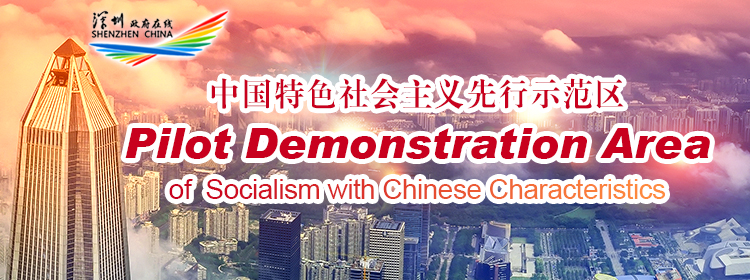最新新闻
Latest News全球首个国际红树林中心在深圳揭牌
Intl. Mangrove Center inaugurated in SZ
The world's first International Mangrove Center is officially inaugurated in Shenzhen today, with representatives from the first batch of 18 member countries jointly signing an agreement on its inauguration in the city.
Adapted to living in salt and brackish water, mangroves are found along coasts and estuaries in 123 countries in the tropics and subtropics, according to the United Nations Environment Program. Mangrove forests provide protection against storms, erosion, and flooding, improve water quality, offer natural habitats to over 1,500 species, and benefit adjacent ecosystems such as coral reefs.
Official data show that Shenzhen has 36,100 hectares of wetlands. Mangroves cover 296 hectares, and 61% of the wetlands have been designated as protected conservation areas. In the past two years, Shenzhen has created 15.48 hectares of mangrove forests and restored 103 hectares of existing mangrove forests.
The Futian Mangrove Wetland stands as the world's only untouched urban wetland situated in the heart of a city. Together with Hong Kong's Mai Po Inner Deep Bay Ramsar Site, they form crucial stopovers sites for migratory birds.
China's proposal for the establishment of the center in Shenzhen was approved by the Standing Committee of the Ramsar Convention at its 62nd meeting in Geneva in September last year.
Zhou Haichao, a researcher from the Guangdong-Hong Kong-Macao Greater Bay Area Mangrove Wetland Research and Development Center at Shenzhen University, said that the opening of the center will further strengthen the city's efforts in protecting mangroves. These efforts inject new vitality into the city's ecological spaces and offer the world valuable knowledge about mangrove protection and sustainable development.
The center, as an important platform promoting mangrove exchanges and international cooperation, will establish a global cooperation mechanism for mangroves and coastal blue carbon ecosystems characterized by openness, inclusiveness, co-building, sharing, and win-win cooperation.
It will also raise global mangrove conservation to new heights and make positive contributions to the implementation of the United Nations’ 2030 Agenda for Sustainable Development.

